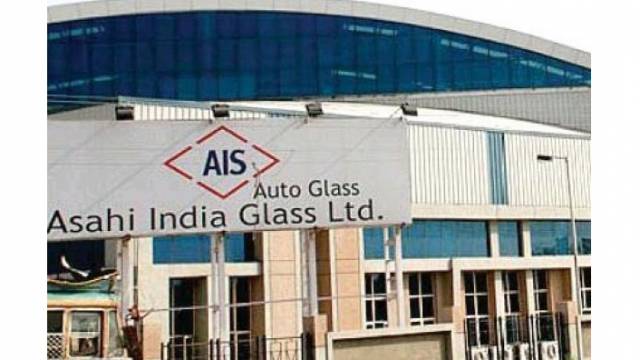The Government has notified an additional CVD /anti-subsidy duty of ~9.74%-11.15% on imports from Malaysia.

Asahi India Glass (AISG) along with a consortium of glass manufacturers filed for the imposition of countervailing (CVD)/anti-subsidy duty on the import of 'clear float glass' from Malaysia with the designated authority. The conclusion of the investigation has led to imposition of >10% additional CVD on key Malaysian exporters. This action coupled with the earlier renewed anti-dumping duty (ADD) could effectively lead to price increase of imports into India by ~19-34% (assuming other costs are stable). We reiterate our positive stance on AISG driven by: a) improvement in business outlook on architectural side as more import restrictions are put in place; b) steady auto demand coupled with healthy product mix (rising share of SUVs) even as AISG remains a dominant supplier; and c) healthy operating leverage and financial deleveraging play.
The Government has notified an additional CVD /anti-subsidy duty of ~9.74%-11.15% on imports from Malaysia. As per the notification, Malaysia contributed ~81% of total imports into India. Policy makers evaluated various aspects of subsidisation provided in Malaysia with key aspects being a) industrial gas subsidy, b) grants for market development, and c) various tax exemptions. Key beneficiaries like Xinyi group and Kibing group were found to have availed up to ~20% subsidy benefits, hence, CVD rates of 9.74%(Xinyi) and 11.15% (Kibing) have been notified.
The ADD + CVD could increase the cost of imports between 19-34% in India. For example: If the CIF/landed value of exports to India by Xinyi for PUC is US$250/MT, Xinyi has to pay US$22.87/MT as ADD and US$24.35 / MT (as CVD. With the same price of exports, other exporters will be paying US$76/MT as ADD, and US$10.05/MT as CVD. We believe this could have twin effects of a) increased utilisation of domestic players, b) increase in domestic pricing of clear glass which could aid profitability.
Domestic PV industry is witnessing stabilisation of demand and with the success of new products (SUVs), it is likely to aid product mix for AISG. The commissioning of Gujarat plant in coming months is likely to create more capacity headroom for growth across both architectural and automotive segment, thus will aid further improvement in asset utilisation, return ratios.
Subscribe to our newsletter & stay updated.